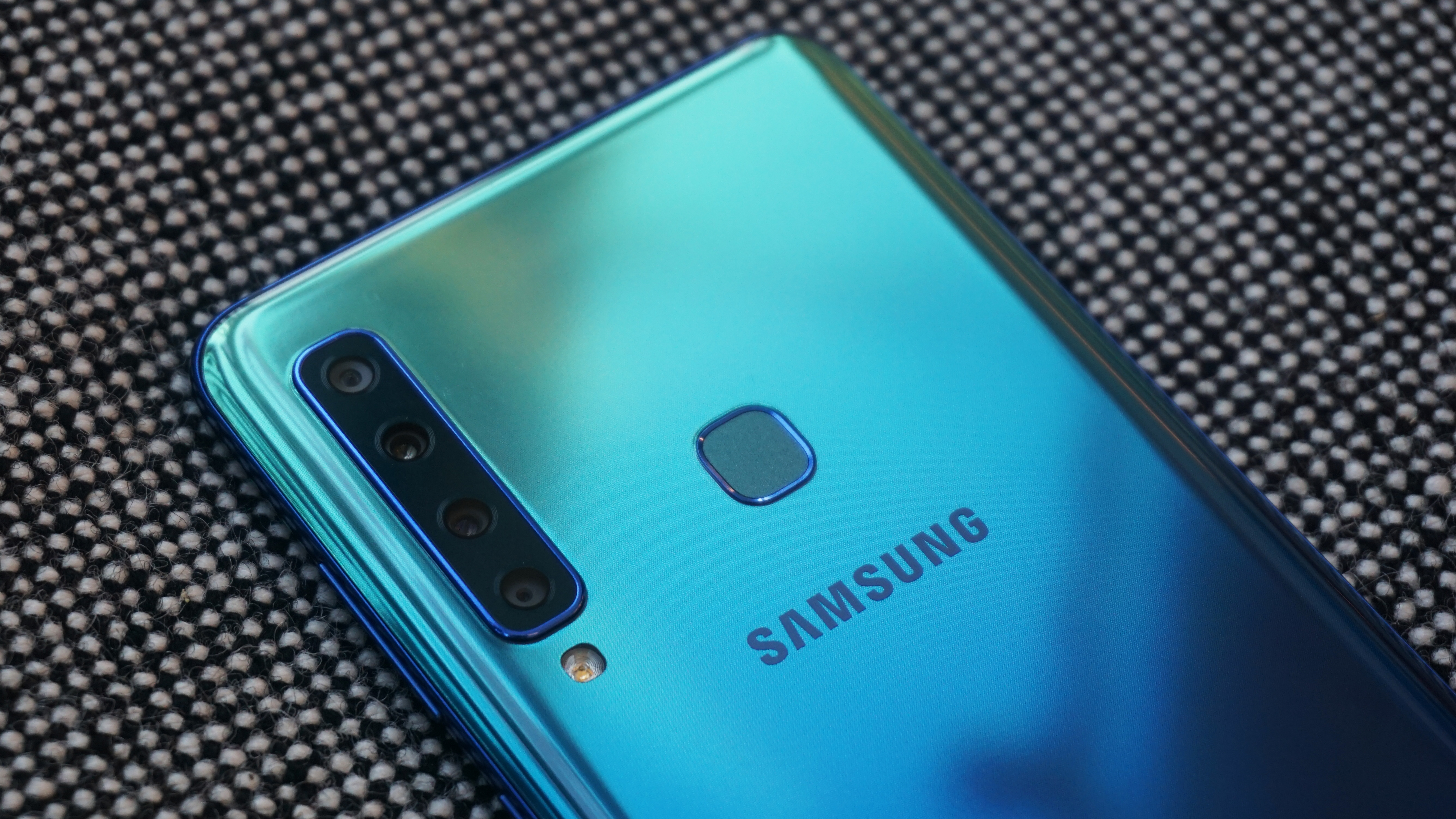Samsung Galaxy A9 is the world's first quad-cam smartphone
One phone, four rear cameras

The Samsung Galaxy A9 2018 has been officially unveiled and it boasts an intriguing world's first - four rear cameras.
Samsung says the handset is 'optimized for Instagram', as it targets young adults who have camera quality at the top of their mobile feature list.
The primary camera is a 24MP offering which is the default option in auto mode, and the one which will give you best low light performance.
Next up is an 8MP, 120 degree wide angle lens allowing you to get more into each shot, followed by a 5MP depth-sensing camera which collects data used in Samsung's Live Focus background blur mode.
Finally there's a 10MP telephoto lens providing a 2x optical zoom over the primary camera, allowing you to get closer to the action.
Up until now some of these features have been provided by software, but Samsung claims the move to hardware will garner better results. Meanwhile, round the front there's a 24MP selfie camera with its own.

Samsung Galaxy A9 specs
You also get a 6.3-inch Full HD+ Super AMOLED display, Exynos 7885 chipset, 6GB of RAM, 128GB of storage, microSD slot, Android 8 Oreo and a 3,800mAh battery inside the Galaxy A9.
Get daily insight, inspiration and deals in your inbox
Sign up for breaking news, reviews, opinion, top tech deals, and more.
There's a rear fingerprint scanner too, plus a headphone jack and USB-C port on the base of the A9. The Samsung Galaxy A9 will arrive in three colors: caviar black, lemonade blue and bubblegum pink.
The Samsung Galaxy A9 price is £549 (around $720, AU$1,020) SIM free, making it more expensive than the OnePlus 6 and Honor 10, but still comfortably cheaper than the flagship Samsung Galaxy S9.
There's no firm Samsung Galaxy A9 release date just yet, but we've been told that it should be available sometime in mid-November.
- Read our hands on: Samsung Galaxy A9 review

TechRadar's former Global Managing Editor, John has been a technology journalist for more than a decade, and over the years has built up a vast knowledge of the tech industry. He’s interviewed CEOs from some of the world’s biggest tech firms, visited their HQs, and appeared on live TV and radio, including Sky News, BBC News, BBC World News, Al Jazeera, LBC, and BBC Radio 4.